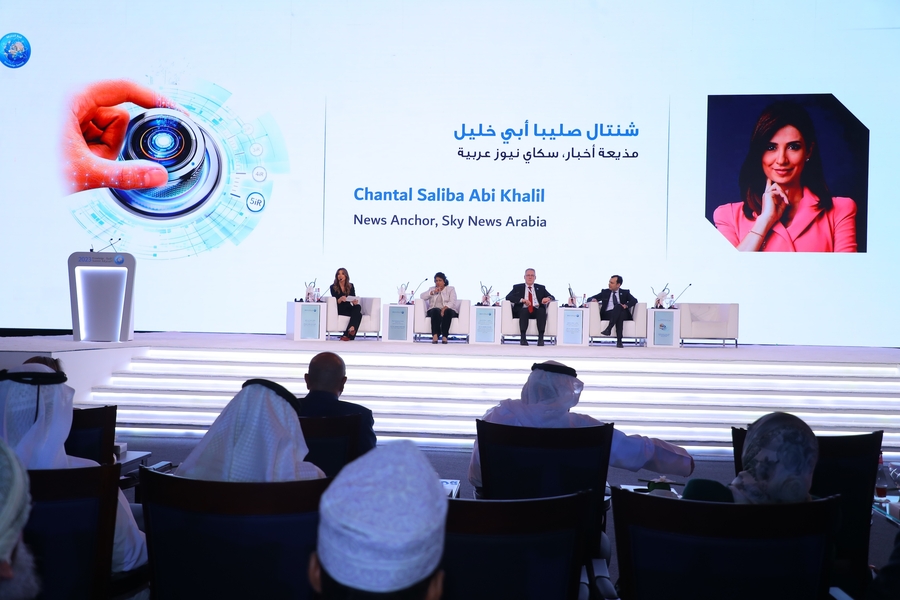DUBAI, UAE, November 26, 2023 /24-7PressRelease/ — On the sidelines of the eighth edition of the ‘Knowledge Summit,’ a panel discussion titled ‘Building Tomorrow: Blueprint for Knowledge Cities’ addressed the contribution of economic development to advancing knowledge cities.
The session was delivered by His Excellency Dr. Younes Sekkouri, Minister of Economic Inclusion, Small Business, Employment, and Skills, Morocco; His Excellency Dr. Abdallah Al Dardari, Assistant Secretary-General, United Nations, and Assistant Administrator and Director of the Regional Bureau for the Arab States, United Nations Development Programme (UNDP); and His Excellency Prof. Ameenah Gurib-Fakim, Former President, Republic of Mauritius. It addressed various topics, including the role of economic development in developing knowledge cities, the connection between the achievement of sustainable development goals (SDGs) and the development of cities, as well as the potential of building knowledge cities based on human capital.
H.E. Dr. Abdallah Al Dardari stated: “Knowledge cities require economic and sustainable development to combat poverty, unemployment, diseases, and environmental degradation. Cities must develop strategic plans, invest in education, health, and environment. They also need to involve citizen participation in decision-making processes and collaborate with governments, private sector, and civil society to achieve SDGs.”
Al Dardari highlighted the private sector’s role in economic development since companies tackle global challenges by investing in projects that have a positive social impact and utilizing sustainable business practices. Thus, fostering partnerships between the government and the private sector is essential to channel investments into projects that promote knowledge and innovation.
His Excellency Dr. Younes Sekkouri emphasized the importance of a comprehensive and integrated approach to organizational design for achieving the SDGs. He highlighted the significance of adopting strategies that ensure effective interaction among governments, the private sector, and civil society to guarantee a balance between economic, social, and environmental development.
Sekkouri explained that technology can be effectively integrated into knowledge cities by applying specific strategies and techniques that contribute to improving the quality of life and promoting sustainable development. He added, “Knowledge cities leverage technology to manage daily life, enhance education, healthcare, traffic, transportation, and energy while promoting sustainable economic development through innovation and entrepreneurship.”
Professor Ameenah Gurib-Fakim affirmed that knowledge has a significant impact on societies as it enhances communication and interaction. Individuals benefiting from shared knowledge can exchange ideas and experiences, fostering mutual understanding, promoting social solidarity, and enabling communities to tackle global challenges, such as climate change, poverty, and pandemics by exchanging knowledge and innovation.
Fakim underscored the significance of human capital investment in knowledge cities, indicating the role of technology and AI experts in enhancing economic and social infrastructures to build and develop knowledge cities.
Her Excellency pointed out that women play a crucial role in the development of knowledge cities, as they possess significant creative capabilities and serve as a driving force for innovation and the development of novel solutions. It is essential to encourage women’s participation in all aspects of society to achieve diversity and inclusion, thereby enhancing the community’s ability to transition towards a knowledge-based economy.
# # #





